
Muscle-Centric Health for Healthy Aging
Embracing a muscle-centric approach to health isn’t just about looking fit; it’s about ensuring long-term well-being and independence.

Embracing a muscle-centric approach to health isn’t just about looking fit; it’s about ensuring long-term well-being and independence.
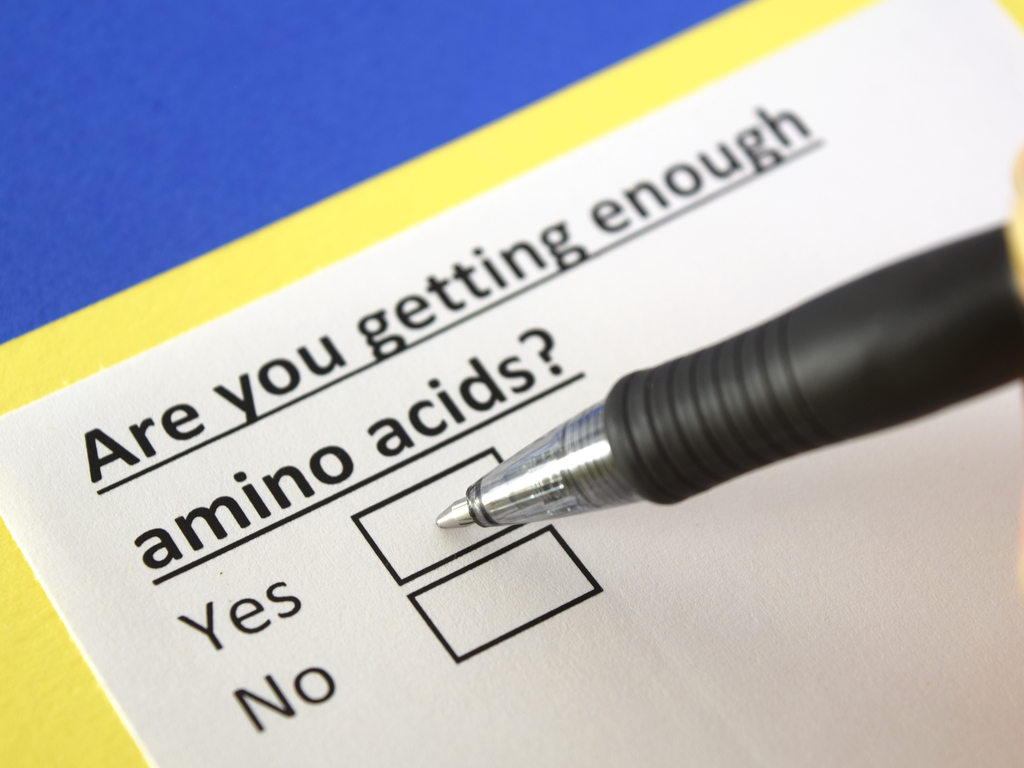
We often talk about the dietary requirement for protein, but we really don’t require protein, we require the 20 amino acids contained in protein. Protein is kind of like a vitamin pill, we don’t need the pill, we need the 12 specific vitamins that are in the pill. Likewise, protein is the food source of amino acids. We consume protein in food; the protein is digested in our intestines; and the amino acids are then absorbed into our body.
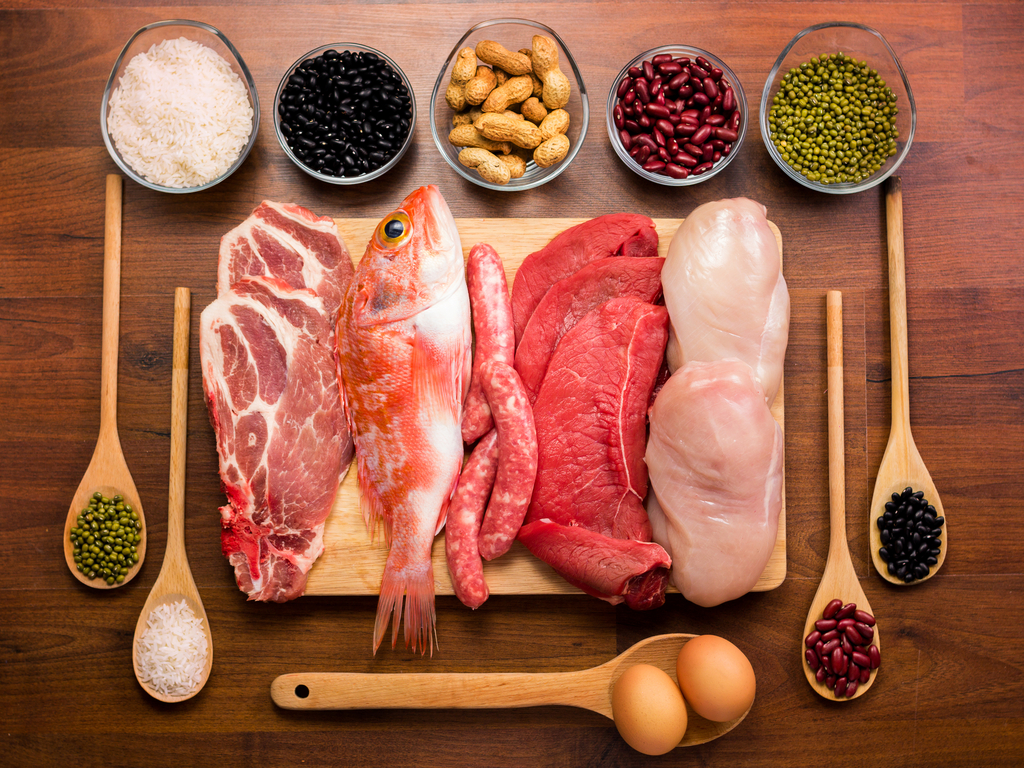
The Benefits of a Protein-Centric Diet on Metabolism Many people have heard but few truly understand why protein is important and fail to grasp the deeper concept that it does
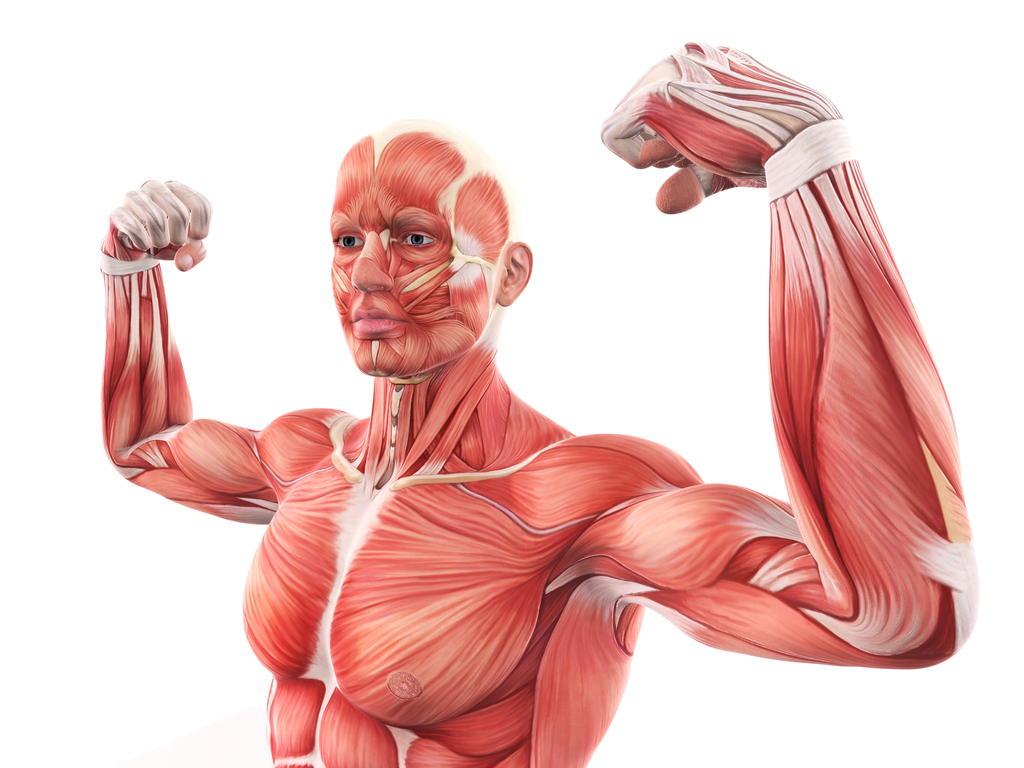
Muscles are the Key to Your Metabolic Type
Skeletal muscle is the largest metabolic organ in our bodies. It makes up about 40% of total body weight and accounts for nearly 50% of body protein. Believe it or not, your muscles determine a lot about your metabolism, and they ultimately determine the precise mixture of protein, carbohydrates, and fats that are best for optimizing your metabolism.
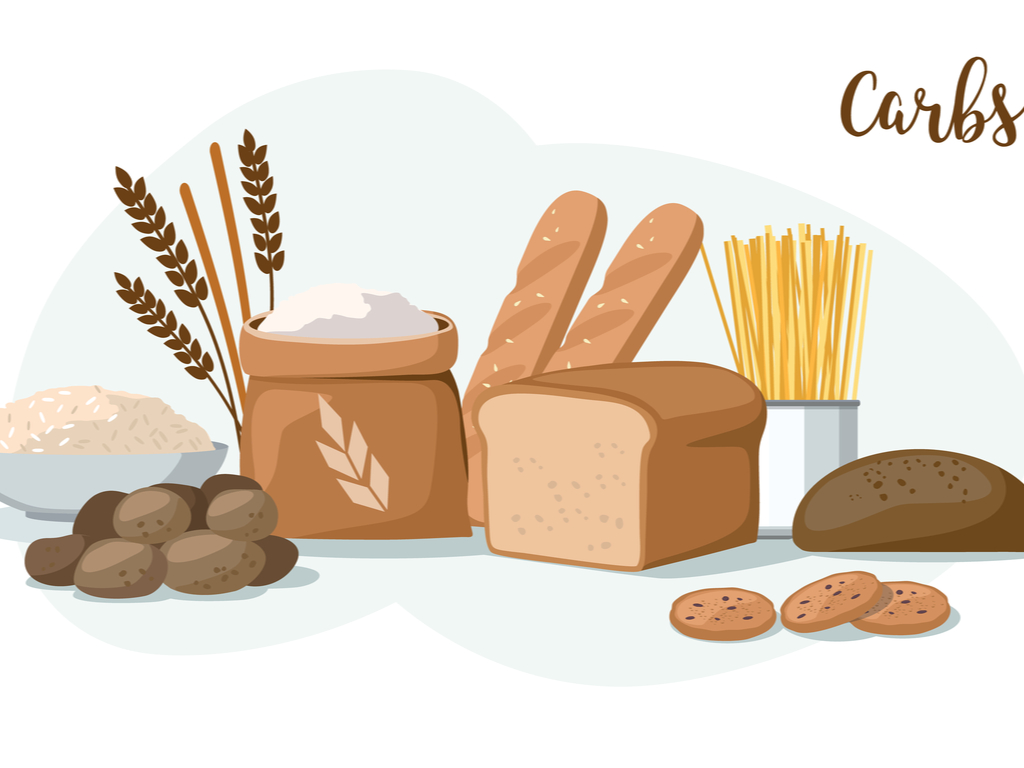
Determining Your Body’s Carbohydrate Tolerance Understanding how many carbs you should have in a day is really determined best by your Carbohydrate Tolerance. In other words, how much glucose can your

The ideal balance of carbohydrates or fats for your metabolism depends on many factors including age, physical activity, total calorie intake, and your genes. A lot of websites may advertise

To fully understand carbohydrate metabolism, you first need to appreciate, the primary carbohydrate called glucose is both good and bad. Glucose is essential as a fuel for the brain and nervous system but in excess is extremely damaging to fine blood vessels in the eyes, heart, kidneys, and legs. This glucose excess or toxicity is the disease of diabetes. Because glucose is both essential and toxic, the amount of glucose in the blood is very carefully controlled mostly by the liver and the pancreas (ie. insulin). Carbohydrate metabolism requires a balance between your need versus your tolerance. We will teach you to target your specific Carbohydrate Tolerance.
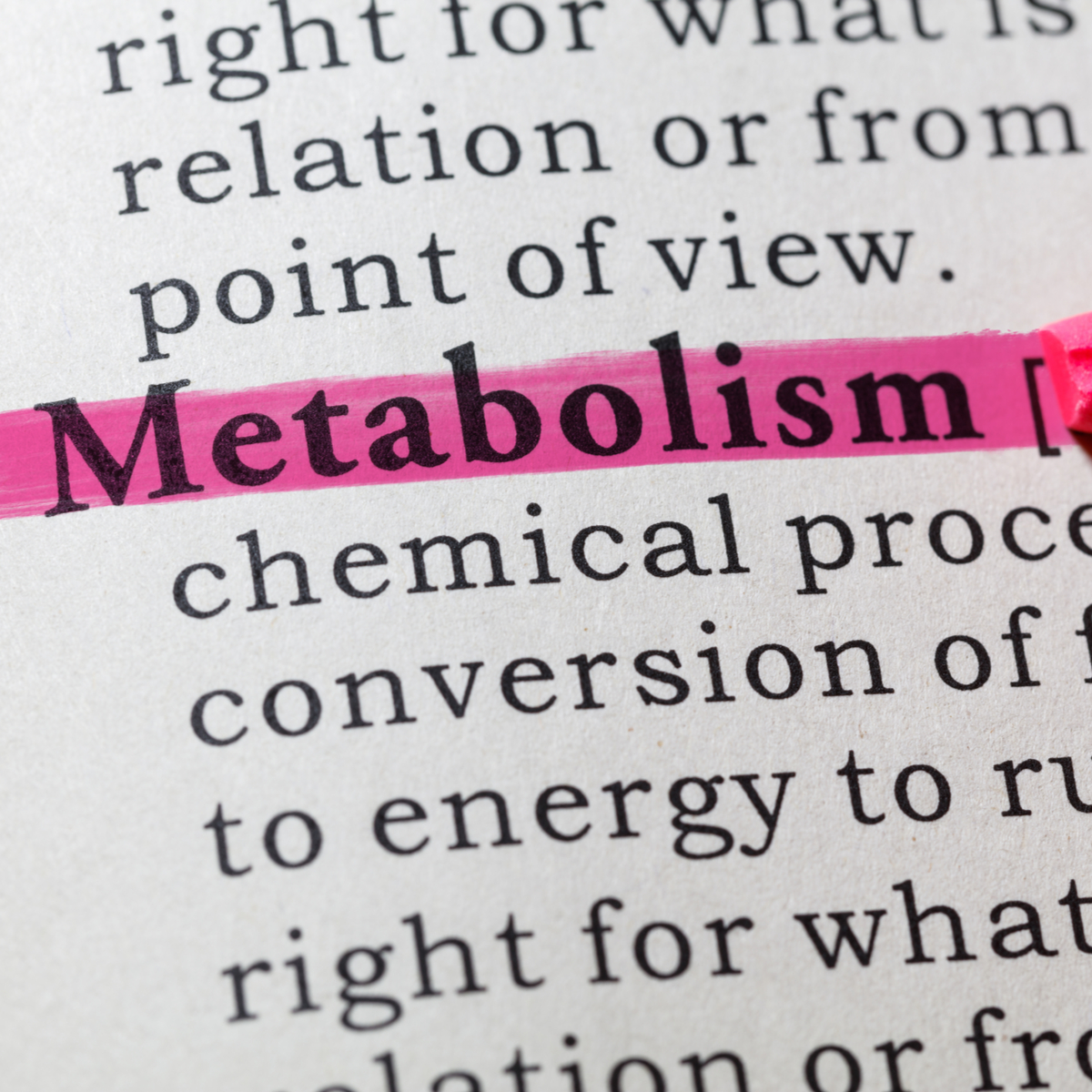
Dr. Donald K. Layman helps cuts through the confusion and breaks down what metabolism means and introduces you to how you can optimize your metabolism.
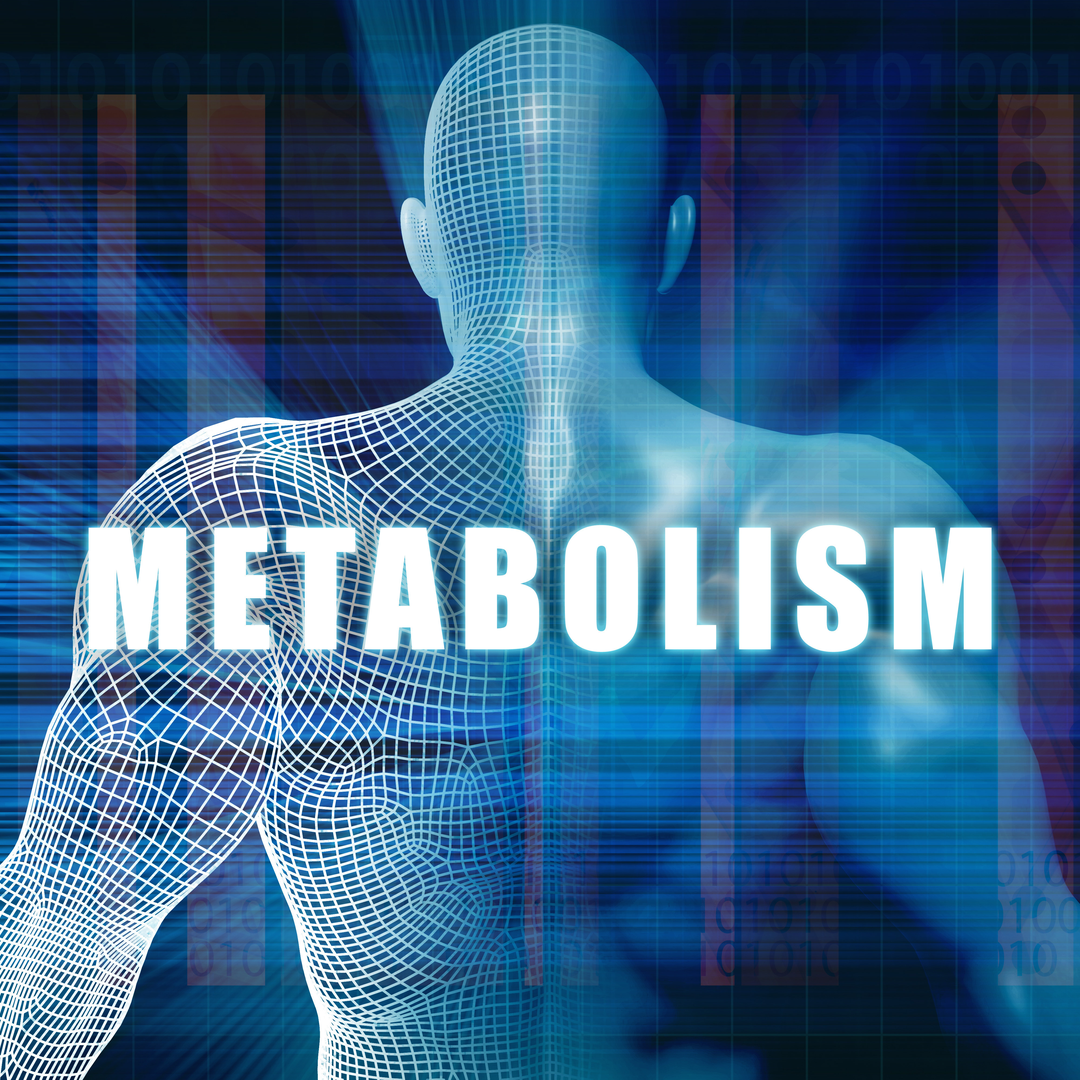
Metabolism has become a buzz word term in diet and nutrition but it is rarely explained well or properly understood. Dr. Donald K. Layman helps to set the record straight on what does your metabolism really do?

The most fundamental component of metabolism is called resting energy expenditure (REE). This is the work (or metabolism) your body is doing while you sleep
Transform Your Body & Your Health